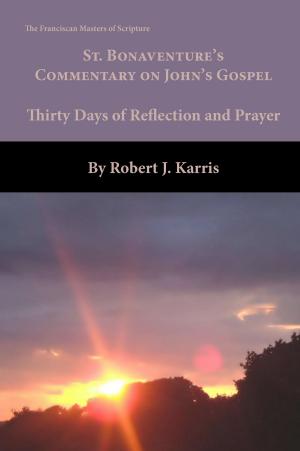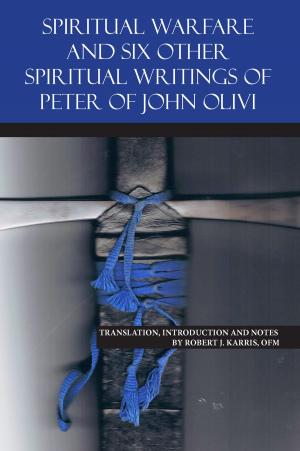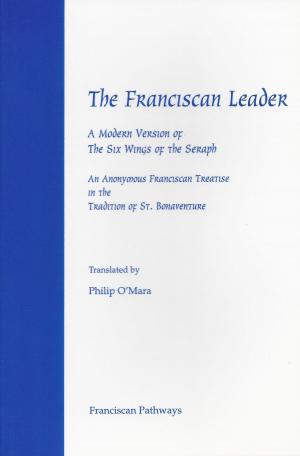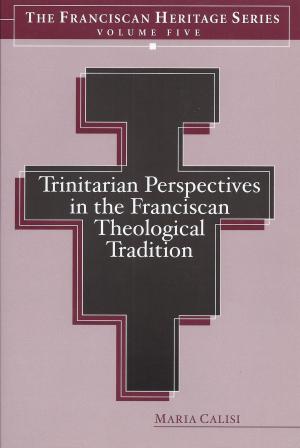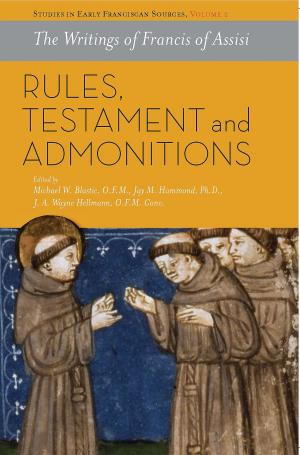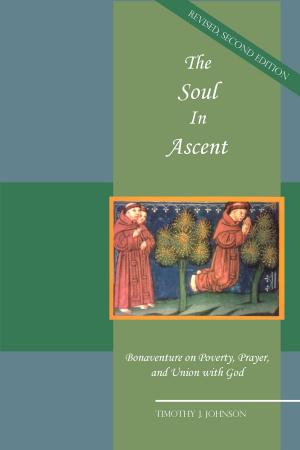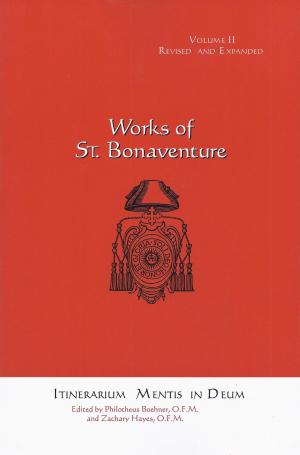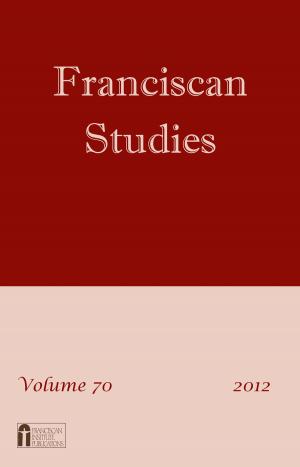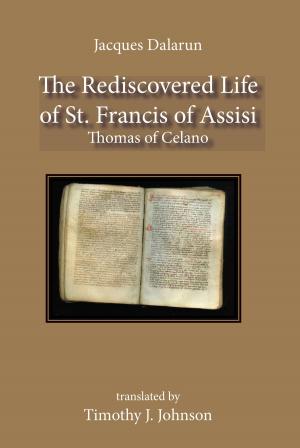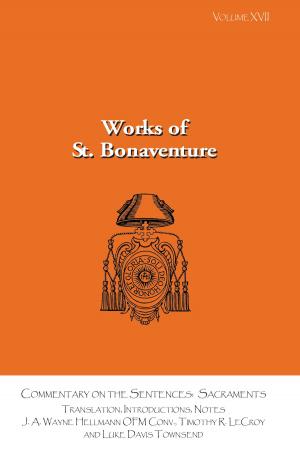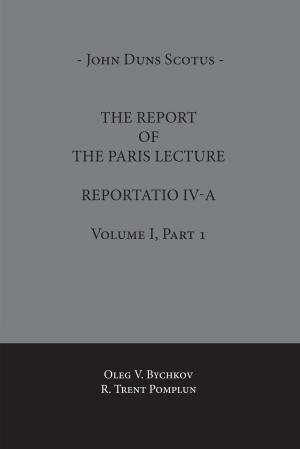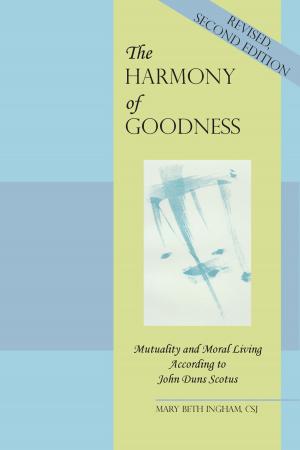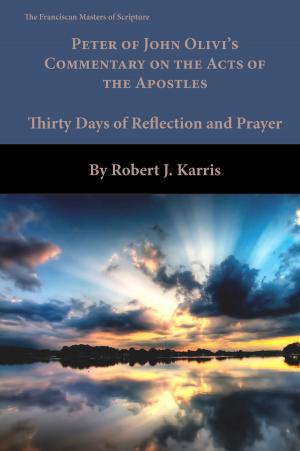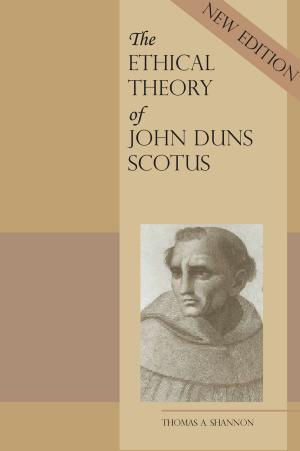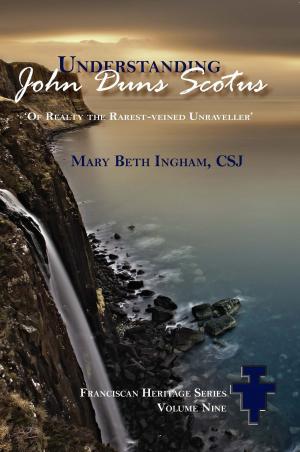The Infinity of God and a Finite World
A Franciscan Approach
Nonfiction, Religion & Spirituality, Bible & Bible Studies, New Testament, Meditations, Commentaries| Author: | Kenan B. Osborne Ofm | ISBN: | 9781576593912 |
| Publisher: | The Franciscan Institute | Publication: | December 1, 2015 |
| Imprint: | Franciscan Institute Publications | Language: | English |
| Author: | Kenan B. Osborne Ofm |
| ISBN: | 9781576593912 |
| Publisher: | The Franciscan Institute |
| Publication: | December 1, 2015 |
| Imprint: | Franciscan Institute Publications |
| Language: | English |
This volume, focuses on the issue of the infinity of God, particularly within the Roman Catholic tradition. The Old and New Testament do not mention God’s infinity. From 100 to 1200, only a few Christian theologians offered some insights into divine infinity. One of the earliest in-depth presentations on divine infinity was developed by Alexander of Hales and his co-editors of the Summa who began to unite the writings of Aristotle on infinity with the Christian understanding of the triune God. Subsequent theologians, namely, Albert the Great, Thomas Aquinas, Bonaventure, and John Duns Scotus, developed lengthy studies on divine infinity. The in-depth theological focus on God’s infinity came to a stop with the Protestant Reformation and the Council of Trent. From the sixteenth century to the beginning of the twentieth-century, the theological focus of almost all Western Christian Churches focused on ecclesiology in which the various Christian scholars argued that only “their church” was the true church established by Jesus. In the post-Vatican II era, interreligious dialogues have developed in an enormous way. However, in these interreligious conferences there has not been a major and intense discussion of the infinity of God. Theologically, there can be only one infinite God, and such a position challenges the positions of the interreligious dialogues vis-a-vis the issue of one God. In my present volume, I explain in depth this up and down focus on infinity and in the final chapter I recommend in a strong way that the inter-religious dialogues once again focus on God’s infinity in a way commensurate with the approach of the medieval scholars. The medieval scholars were united in their religion. The contemporary interreligious scholars are disunited in many ways, but especially in the theology of an infinite God.
This volume, focuses on the issue of the infinity of God, particularly within the Roman Catholic tradition. The Old and New Testament do not mention God’s infinity. From 100 to 1200, only a few Christian theologians offered some insights into divine infinity. One of the earliest in-depth presentations on divine infinity was developed by Alexander of Hales and his co-editors of the Summa who began to unite the writings of Aristotle on infinity with the Christian understanding of the triune God. Subsequent theologians, namely, Albert the Great, Thomas Aquinas, Bonaventure, and John Duns Scotus, developed lengthy studies on divine infinity. The in-depth theological focus on God’s infinity came to a stop with the Protestant Reformation and the Council of Trent. From the sixteenth century to the beginning of the twentieth-century, the theological focus of almost all Western Christian Churches focused on ecclesiology in which the various Christian scholars argued that only “their church” was the true church established by Jesus. In the post-Vatican II era, interreligious dialogues have developed in an enormous way. However, in these interreligious conferences there has not been a major and intense discussion of the infinity of God. Theologically, there can be only one infinite God, and such a position challenges the positions of the interreligious dialogues vis-a-vis the issue of one God. In my present volume, I explain in depth this up and down focus on infinity and in the final chapter I recommend in a strong way that the inter-religious dialogues once again focus on God’s infinity in a way commensurate with the approach of the medieval scholars. The medieval scholars were united in their religion. The contemporary interreligious scholars are disunited in many ways, but especially in the theology of an infinite God.

